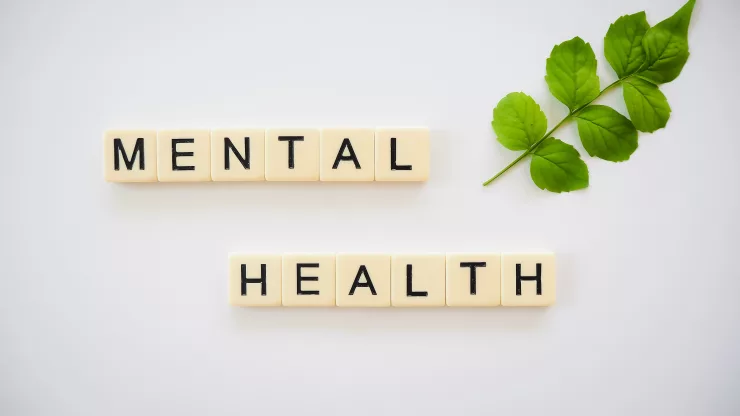The Power of Physical Exercise on Happiness and Well-being
Physical exercise is not only essential for maintaining a healthy body, but it also has a profound effect on our mental health.
Studies have shown that regular physical activity can have a significant impact on our happiness and well-being, helping us to feel more positive, confident, and energized.
In this article, we will explore the science behind exercise and happiness and how physical activity can help reduce stress, boost self-esteem, improve cognitive function, and promote better sleep.
Jump to Section
The Science Behind Exercise and Happiness
Physical exercise has been shown to increase the production of endorphins, which are chemicals in the brain that help to reduce pain and improve mood.
Exercise also increases the production of serotonin and dopamine, which are neurotransmitters that play a crucial role in regulating mood and promoting feelings of happiness and well-being.
Furthermore, regular physical activity can help to reduce the levels of cortisol, a hormone that is associated with stress.
Physical Exercise and Stress Reduction
Stress is a common problem that affects many people, and it can have a negative impact on both our physical and mental health. Fortunately, physical exercise is an effective way to reduce stress levels.
Exercise helps to release tension in the muscles, improve circulation, and increase oxygen flow to the brain, which can help to calm the mind and reduce feelings of anxiety.
Furthermore, regular exercise can help to improve our ability to cope with stress, making us more resilient and better able to manage challenging situations.
Boosting Self-Esteem and Confidence
Physical exercise can have a positive impact on our self-esteem and confidence levels.
When we exercise, we set goals for ourselves and work towards achieving them, which can help to boost our sense of self-worth and accomplishment.
Furthermore, regular exercise can help to improve our physical appearance, which can lead to increased confidence and self-esteem.
Exercise and Improved Cognitive Function
Physical exercise has been shown to improve cognitive function, including memory, attention, and decision-making.
Exercise helps to increase blood flow to the brain, which can help to improve brain function and reduce the risk of cognitive decline.
Furthermore, regular exercise can help to promote the growth of new brain cells, which can help to improve learning and memory.
Exercise and Better Sleep
Sleep is essential for our physical and mental health, and regular physical activity can help to promote better sleep.
Exercise helps to reduce stress and anxiety levels, which can make it easier to fall asleep and stay asleep throughout the night.
Furthermore, regular exercise can help to regulate our sleep-wake cycle, making it easier to establish a regular sleep routine.
Exercise as a Tool for Mental Health
Physical exercise is a powerful tool for promoting mental health and well-being. Regular exercise can help to reduce symptoms of depression and anxiety, improve mood, and promote feelings of happiness and well-being.
Furthermore, exercise can help to improve our overall quality of life, making us more resilient and better able to cope with the challenges of everyday life.
FAQ
How much exercise do I need to do to experience the benefits?
The amount of exercise needed to experience the benefits varies depending on the individual’s age, fitness level, and health status. However, it is generally recommended that adults aim for at least 150 minutes of moderate-intensity exercise per week.
What types of exercise are best for promoting happiness and well-being?
Any type of physical activity can be beneficial for promoting happiness and well-being, including walking, running, cycling, swimming, and strength training. It is important to choose activities that you enjoy and that are appropriate for your fitness level.
Can exercise help with mental health conditions such as depression and anxiety?
Yes, exercise can be an effective tool for managing symptoms of depression and anxiety. Regular exercise has been shown to improve mood, reduce anxiety, and promote feelings of well-being.
However, it is important to seek professional help if you are experiencing severe symptoms or if you are unsure about how to incorporate exercise into your treatment plan.
In conclusion, regular physical exercise is a powerful tool for promoting happiness and well-being. Exercise can help to reduce stress, boost self-esteem, improve cognitive function, promote better sleep, and support mental health.
By incorporating physical activity into our daily routine, we can improve our overall quality of life and feel more positive, energized, and confident.
So, let’s get moving and start reaping the benefits of exercise today!

With a deep passion for personal development, Ben has dedicated his career to inspiring and guiding others on their journey towards self-improvement.
His love for learning and sharing knowledge about personal growth strategies, mindfulness, and goal-setting principles has led him to create My Virtual Life Coach.
Contact Ben at [email protected] for assistance.




